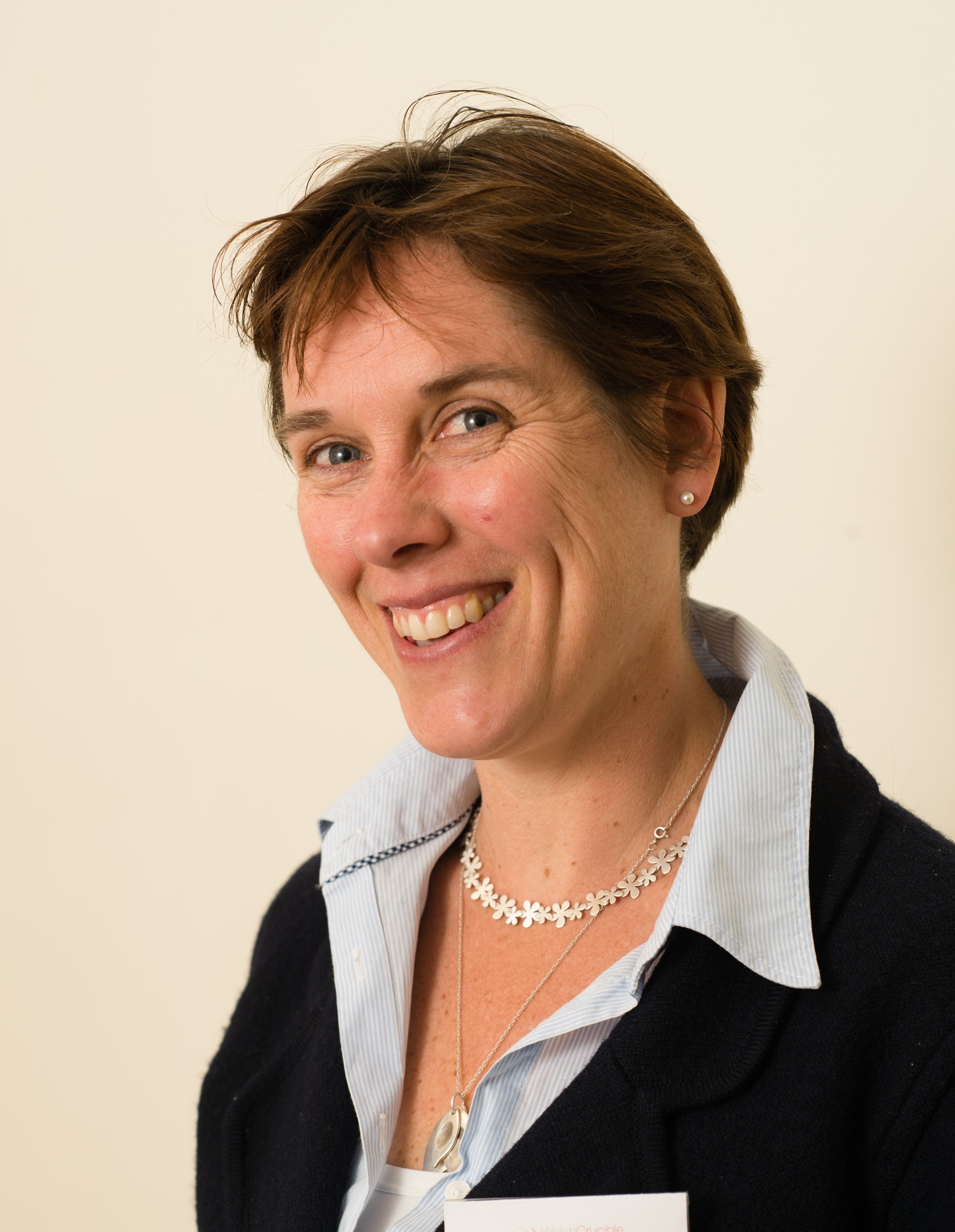 ‘Looking at the role that exercise can play for cancer patients’
‘Looking at the role that exercise can play for cancer patients’
Karianne Backx is a Principal Lecturer at the Cardiff School of Sport in Cardiff Metropolitan University.
My research interest is people and exercise. Specifically I am interested in the use of exercise in the prevention, detection and treatment of chronic diseases such as diabetes, heart disease and cancer.
One study I am currently involved in looks at people who have survived cancer. Modern advances in medicine have transformed most cancers into largely treatable conditions. As an example, in Wales the 5-year survival rate has risen from 31% to 46% in men and from 45% to 53% in women between 1985 and 2007. However, the use of drugs, such as anthracycline antibiotics, (chemotherapy) to treat cancer does have side effects that can impair heart function (cardiovascular toxicity). As such, the successful treatment of cancer may result in long-term damage to the heart and blood vessels and result in chronic cardiovascular disease.
Currently the routine methods used to detect changes to the cardiovascular system following chemotherapy are not very sensitive. In our laboratory we are trying to find ways of detecting early changes in the heart and vessels of cancer survivors in order to identify those people who are at increased risk of developing cardiovascular disease. If successful, this may lead to earlier and more effective treatment, ensuring a better life expectancy and overall quality of life for cancer survivors.
Exercise is a natural positive stress on the heart and blood vessels. Instead of only assessing the heart at rest our research examines the use of exercise as a stressor during the assessment of heart function. This may be one way to detect early, sub-clinical changes to the cardiovascular system that are not detectable at rest.
Following on from this research, we will look at the effect of different types of exercise training and physical activity on limiting the damage of cancer medication on the cardiovascular system. We want to know if a fitter heart suffers less damage during cancer treatment, and whether we can treat that damage with exercise training, similar to cardiac rehabilitation after a heart attack.
In our laboratory we work as a multi-disciplinary team consisting of clinicians, physiologists and PhD students. This project would not be possible without the work of Maria Kearney (PhD student, physiologist), Dr Zaheer Yousef (cardiologist), Dr Eve Gallop-Evans (oncologist) and Prof Rob Shave (physiologist).
Karianne may be contacted at: KBackx@cardiffmet.ac.uk.
This article first appeared in the Western Mail on 17th March 2014, as part of the Welsh Crucible series of research profiles.
